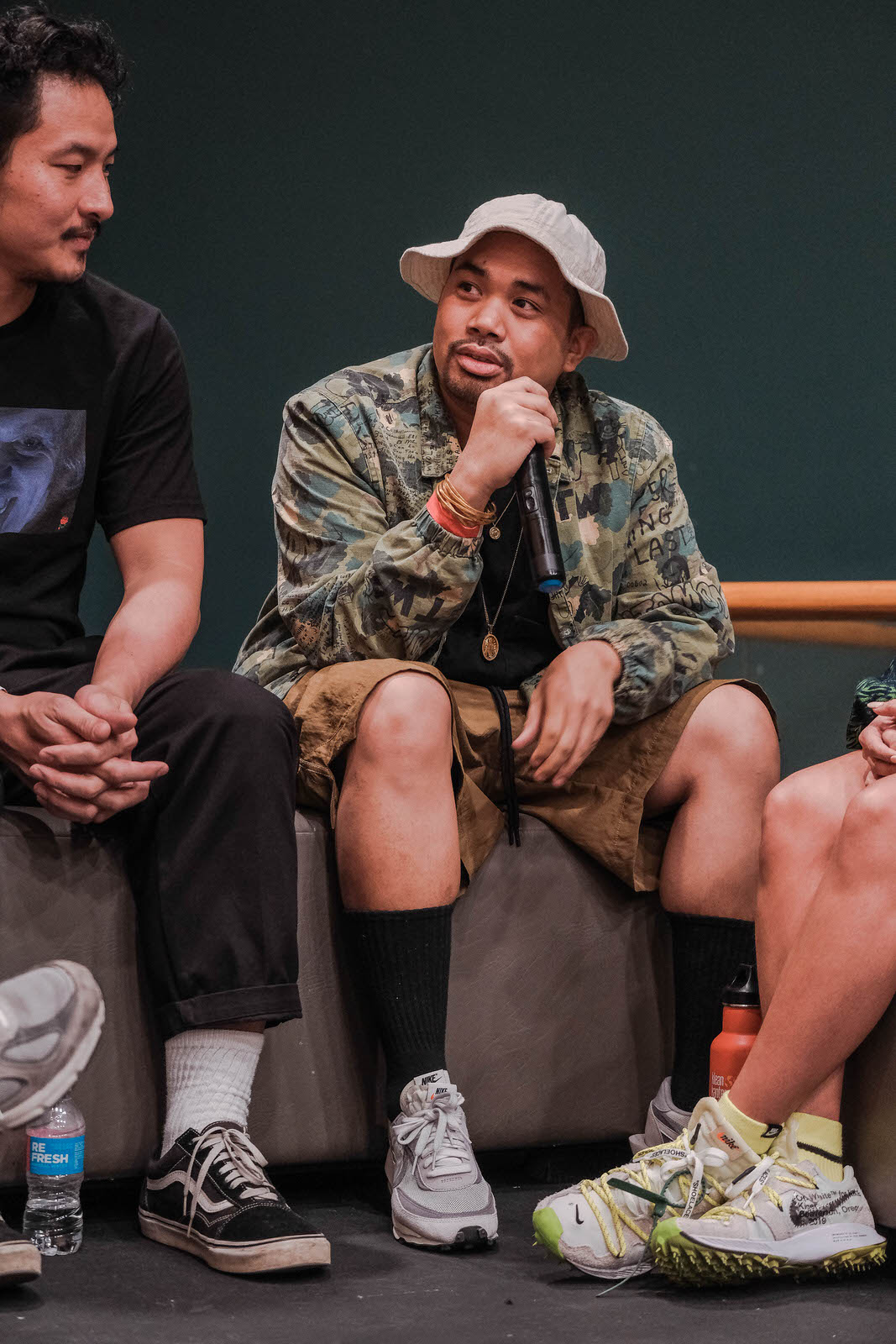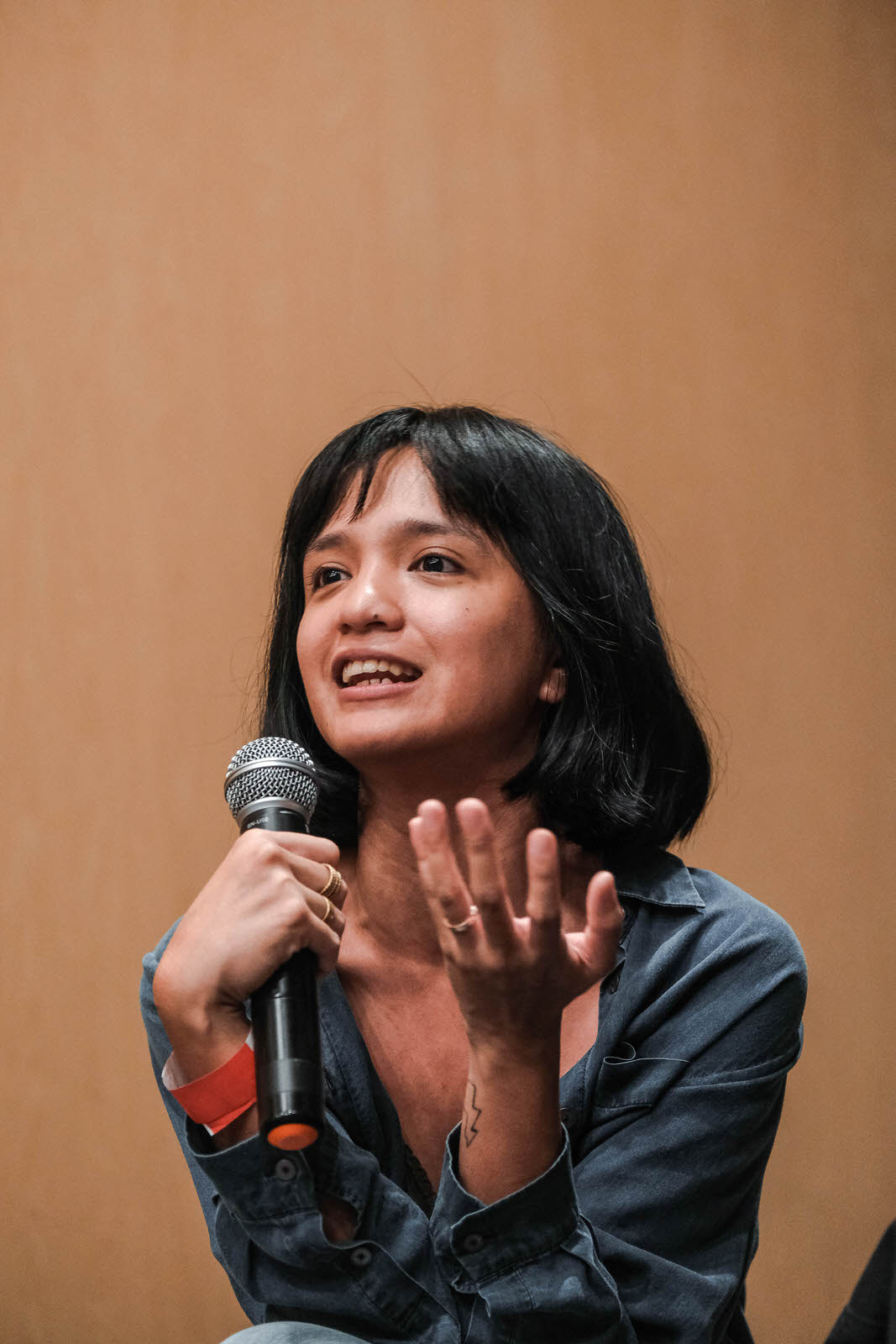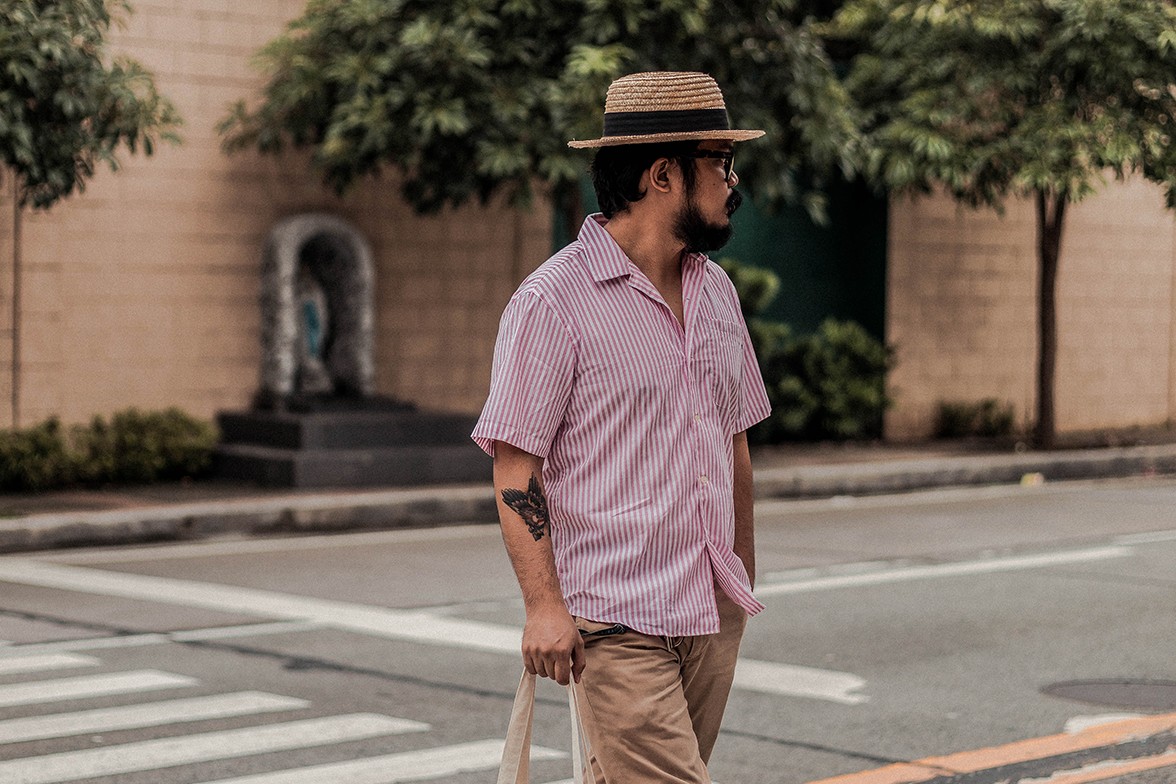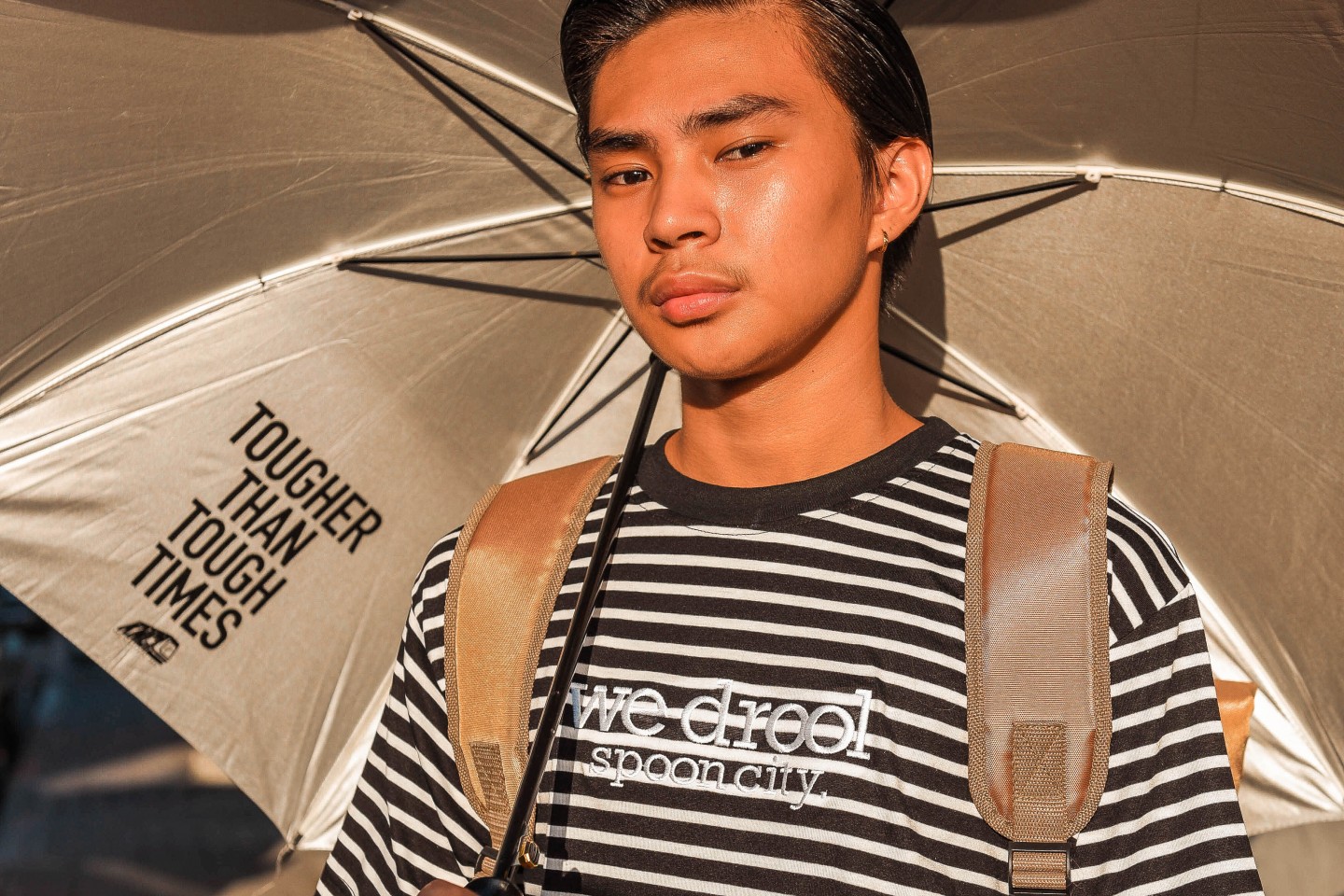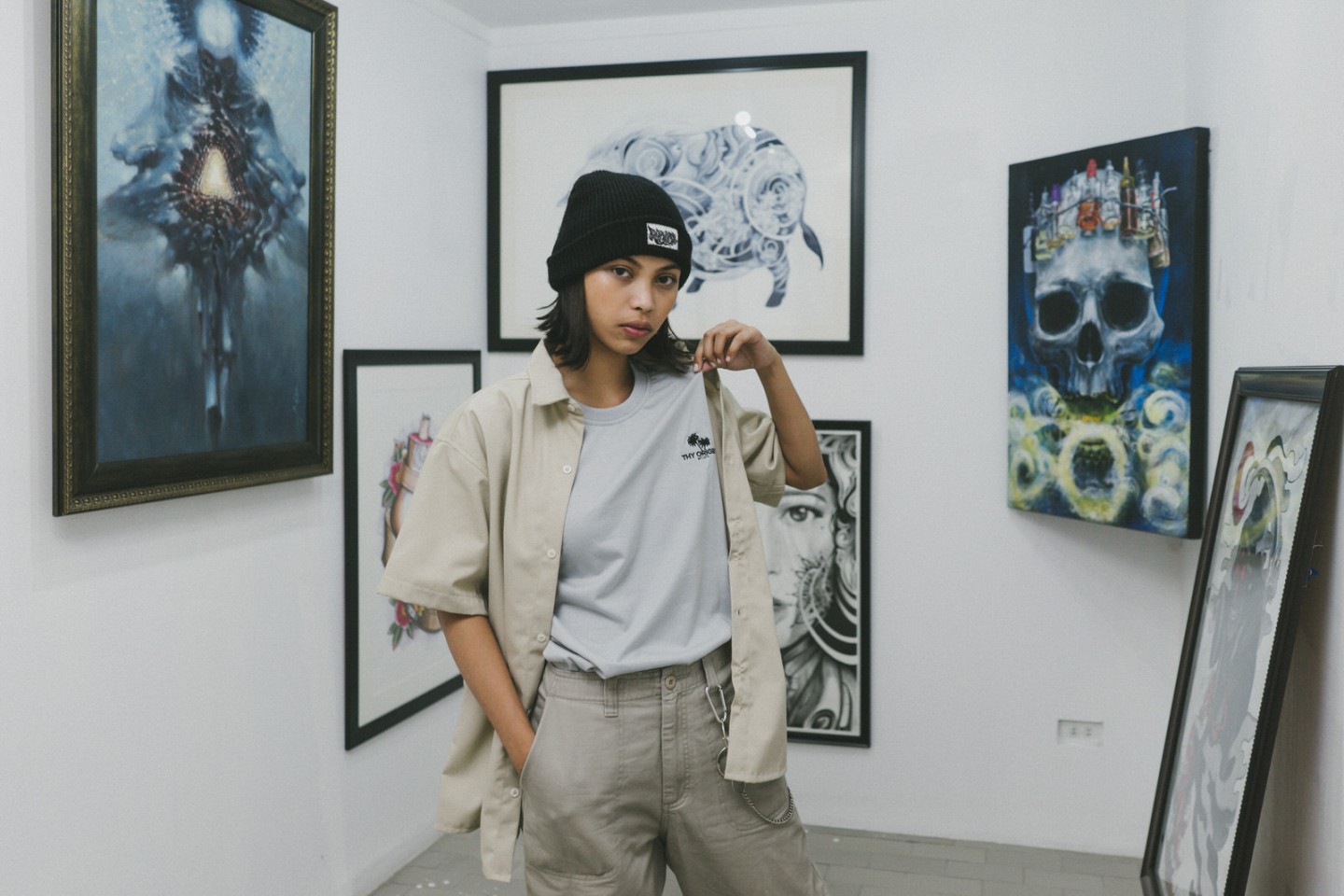
In the last Pursuit Fair Vol.6 — In Creatives We Trust, we uncovered the stories of underground music culture through the lens of some prominent names in this niche segment of the local music industry — Sean Bautista of Transit Records, Samantha Nicole of UNKNWN & CC: Concepts, Erick Ong of XX:XX & Black Market, George Balobalo of Bawal Clan, and Bea Te of Bad Decisions.
There is no doubt that underground music artists are all facing the challenges of being a niche segment of musicians. “People are willing to pay more for bands,” said Erick as he expressed his observation on the matter. Compared to bands for which crowds are willing to pay a premium for, DJs are relatively the underappreciated part of the music industry.
For bar goers and club partiers, music is one of the key considerations in deciding when and where to go. Ironically, though, they are not willing to pay for door. From the side of the crowd, there seems to be a disconnect between the intention to support the DJ and the willingness to pay for door fee, which is essentially how underground music artists are able to sustain their careers. “To be able to enjoy this art, you have to pay door,” Erick further added.
Since there is a challenge to make people pay for seeing DJs play live, underground artists are also facing the challenge of dealing with sponsors. As much as they want to practice their craft with absolute freedom and maximum authenticity, they have to partner with sponsors to make a sustainable path for their music and career in general. For artists, there is a tension between practicing their freedom to create and submitting to sponsors’ requests.
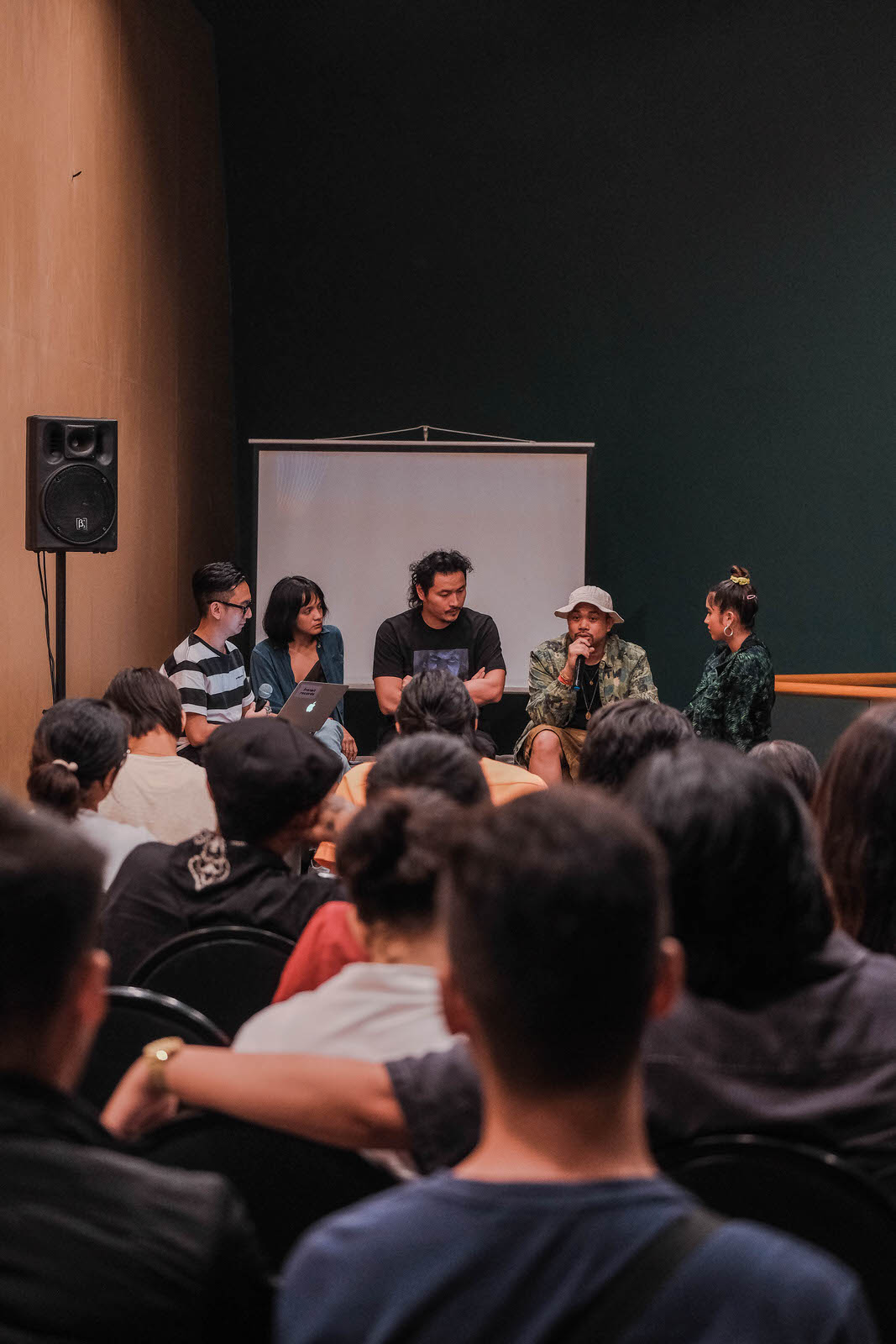
We have yet to discover the life and culture of this emerging industry, and this session just sparked the conversation about the growing community of underground music. It’s still an industry that’s still in its infancy, but everyone from the panel agrees that its growth is unquestionable. The community is young, but it just keeps on getting bigger.
There may only be a small percentage of Filipinos who appreciate this kind of craft, but at the end of the day it’s not just about inviting more and more faces partying in clubs; it’s about attracting the right people with the right intentions. “Having the right core and the right community around really helps,” Samantha shared when asked about the key to striving in the industry.
So for those who are part of the community and are building it from the ground up, the goal is not to outgrow one another. But rather, to lift each other up and share the love for underground music, and eventually growth will come — organically and sincerely.

